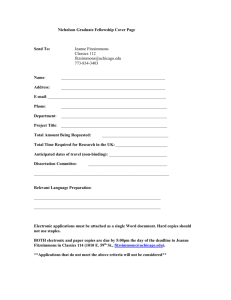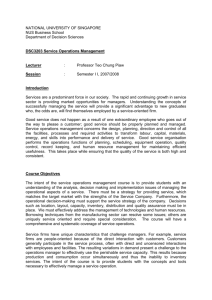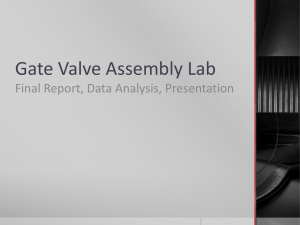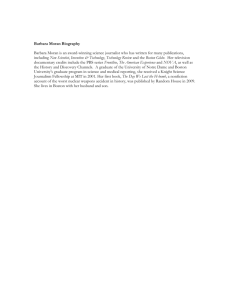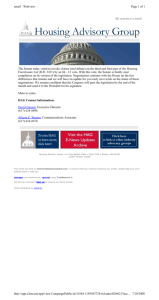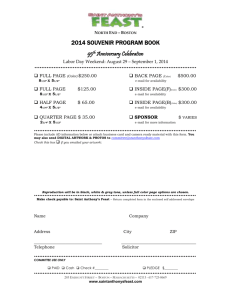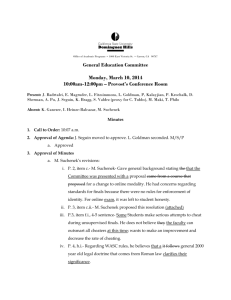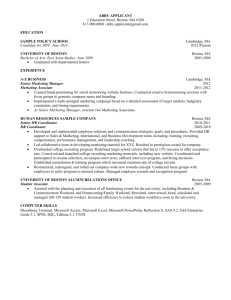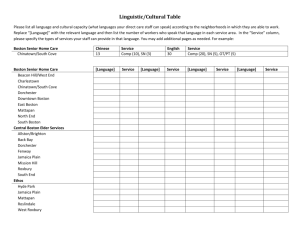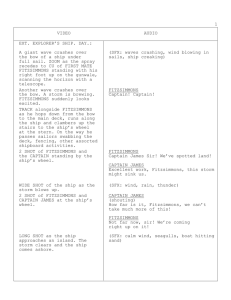Click to read more…
advertisement
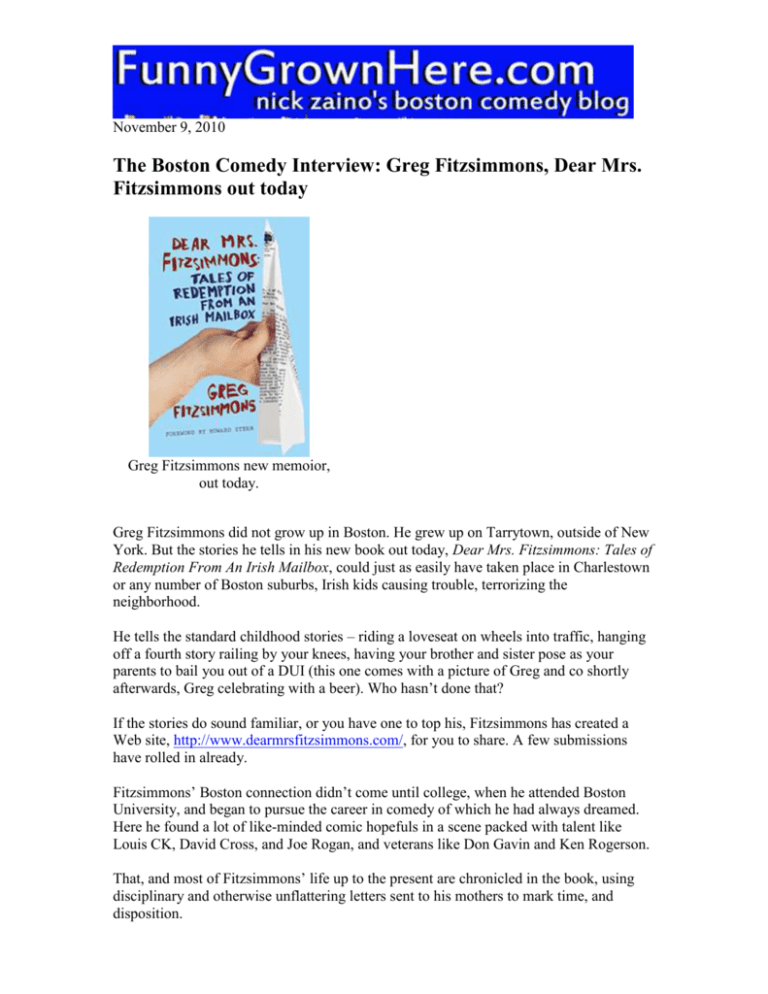
November 9, 2010 The Boston Comedy Interview: Greg Fitzsimmons, Dear Mrs. Fitzsimmons out today Greg Fitzsimmons new memoior, out today. Greg Fitzsimmons did not grow up in Boston. He grew up on Tarrytown, outside of New York. But the stories he tells in his new book out today, Dear Mrs. Fitzsimmons: Tales of Redemption From An Irish Mailbox, could just as easily have taken place in Charlestown or any number of Boston suburbs, Irish kids causing trouble, terrorizing the neighborhood. He tells the standard childhood stories – riding a loveseat on wheels into traffic, hanging off a fourth story railing by your knees, having your brother and sister pose as your parents to bail you out of a DUI (this one comes with a picture of Greg and co shortly afterwards, Greg celebrating with a beer). Who hasn’t done that? If the stories do sound familiar, or you have one to top his, Fitzsimmons has created a Web site, http://www.dearmrsfitzsimmons.com/, for you to share. A few submissions have rolled in already. Fitzsimmons’ Boston connection didn’t come until college, when he attended Boston University, and began to pursue the career in comedy of which he had always dreamed. Here he found a lot of like-minded comic hopefuls in a scene packed with talent like Louis CK, David Cross, and Joe Rogan, and veterans like Don Gavin and Ken Rogerson. That, and most of Fitzsimmons’ life up to the present are chronicled in the book, using disciplinary and otherwise unflattering letters sent to his mothers to mark time, and disposition. Fitzsimmons won’t get to Boston until January 29 when he hits the Wilbur, so the book will have to hold you until then. I spoke with him by e-mail about the book and his Boston experiences. I guess my first question should be, given some of the pictures of you dangling from fourth story ledges and drinking outside of a police station after a DUI, how are you still alive? Alcohol, for the Irish, is like spinach to Popeye (although I have a hunch that since he was a sailor dating a bulimic, he was also a drunk). Did you change the names of the non-famous folks in the books to protect the innocent? There was no innocence, but I wanted to make sure there were also no lawsuits. No need to drag others into my own personal parade of embarrassing confessions. Were there any particular documents you remembered that you really wanted to include in the book? There were at least three police reports in the local paper about a bike being stolen form my next-door neighbor. I only found one, but in each case it is very possible that I was the thief. Any responses on http://www.dearmrsfitzsimmons.com/ yet? They are just starting to come in. I am having a contest where people upload a video of them describing the best letter that was ever sent to their parents. Each week I give away a signed book. You drew a pretty balanced picture of your family life as a kid, showing the laughter and some of the more emotionally and physicals trying moments. Did you put much time into editing that for tone? I’ve been to a lot of therapy and have been talking about my family onstage for two decades now, so the tone was the easy part. The difficult part was knowing that some relatives would see this as a betrayal of the Irish code of never talking about human emotion. There’s some good insight into the Boston club scene in the 1980s here. Had you been aware of the boom from a few years earlier when you came to Boston? No. I always wanted to be a comedian, but other than Steven Wright I had no idea what a rich and individual scene I was lucky enough to start out in. To this day I think some of the best comics I’ve seen in my life are the guys who I admired coming up. Don Gavin, Kenny Rogerson, Mike Donovan etc etc etc. Were there one or two comedians in particular you patterned yourself after when you started here? I think we all sounded like Gavin to some extent. There is a cool sarcastic delivery and the punch lines are thrown away so it never seems like you are trying to make the crowd laugh. David Cross, Greg Fitzsimmons, and Louis CK. You mention a lot of your peers who have made names for themselves - Joe Rogan, Louis CK, David Cross. Was there a feeling that these people were going to be something special one day? Did anyone stand out? Cross has always been a genius and totally original. He had a vision for the kind of comedy he wanted to do from day one. I wasn’t sure if Louie would survive but I knew if he did he would be awesome. Rogan and I drove to gigs together for years and he was always aggressive and confident unlike anyone I’d ever seen. You mention Kevin Knox and Greg Giraldo at the end of the book - how well did you know them? Did you know them from Boston? Knoxy was a friend and a hero to a lot of us coming up at that time. We played a lot of golf together and went on a lot of road trips. Going to an IHOP with Kevin was like Willy Wonka taking you through the Chocolate Factory. Every interaction he had with anyone was fun and insane. I always felt lucky to be hanging around him. Giraldo was a guy I came up with in the NY scene after I left Boston. There is a bond formed between guys you go through this hellish period with. He was a real peer and we supported each other right to the end. I shot 3 TV pilots with Greg in the last two years. Wish one of them had been picked up. Any particular memories from the clubs you return to? You mention The Vault and Stitches in the book. I don’t know if I thought about the irony in working at the Vault at the time. It was literally the vault of a bank where you told jokes for no money. After the show you had to stack chairs and clear tables. The way things are going in the financial world; Dick Doherty might be able to start a national chain of these clubs. Do you still have friends here that come out to the shows? Anyone you’re looking forward to seeing when you’re back here at the Wilbur? I have a lot of friends from college (BU) who I keep in touch with when I’m on town. Hope to see Rich Ceisler and John Tobin and a list about three pages long. I’m coming in early to try to make the rounds.
